
What Happens If You Eat More Than 7 Eggs a Week? The Truth May Surprise You
What Happens If You Eat More Than 7 Eggs a Week? The Truth May Surprise You
For decades, eggs were demonized as cholesterol bombs that should be eaten sparingly. But now, with new research emerging, many are wondering: what really happens if you eat more than 7 eggs a week?
Is it a ticket to heart disease, or could it actually be part of a healthy lifestyle?
Let’s crack open the truth.
The Egg and Cholesterol Debate: A Quick History
Eggs have been at the center of nutritional debates for years. The main concern has always been about their cholesterol content.
One large egg contains about 186 mg of cholesterol, primarily found in the yolk.
In the past, health organizations like the American Heart Association recommended limiting dietary cholesterol to less than 300 mg per day.
This led to the idea that eating too many eggs would dramatically raise blood cholesterol and, consequently, heart disease risk.
However, more recent studies have painted a different picture. A review published in Nutrients in 2018 concluded that for most people, "dietary cholesterol has a relatively small effect on serum cholesterol levels" (Berger et al., 2018).
In other words, for the majority of people, eating eggs doesn't raise cholesterol levels dangerously.
What Science Says About Eating More Than 7 Eggs a Week
Several studies have specifically looked at egg consumption and health outcomes:
-
A 2019 study in JAMA involving nearly 30,000 adults found that higher egg consumption was associated with a small increased risk of cardiovascular disease (CVD).
However, the researchers emphasized that context matters — eggs were often consumed alongside other unhealthy foods like processed meats or fried foods (Zhong et al., 2019). -
On the flip side, a large study from Finland found that even eating up to 12 eggs per week did not increase the risk of cardiovascular disease in people with pre-diabetes or type 2 diabetes (Fuller et al., 2018).
-
According to Dr. Steven Nissen, a cardiologist at the Cleveland Clinic, "the association between eggs and heart disease is weak and inconsistent." He adds that overall dietary patterns are far more important than single foods.
So what does this mean? If you're otherwise healthy, eating more than 7 eggs a week isn't likely to hurt you — as long as your overall diet is balanced and rich in fruits, vegetables, whole grains, and healthy fats.
The Benefits of Eating Eggs
Eggs aren’t just a "neutral" food — they come packed with important nutrients:
-
High-quality protein: One egg has about 6 grams of complete protein, containing all nine essential amino acids.
-
Choline: Essential for brain health and fetal development. Surprisingly, about 90% of Americans don’t get enough choline.
-
Vitamin D: One of the few natural food sources of this important bone- and immune-supporting vitamin.
-
Lutein and Zeaxanthin: Antioxidants that promote eye health and may reduce the risk of cataracts and macular degeneration.
In fact, a 2020 review in Nutrients stated that "including eggs in a healthy dietary pattern can offer nutritional benefits without increasing cardiovascular risk" (Blesso & Fernandez, 2020).
Who Should Be More Careful?
While eggs are generally safe for most people, some individuals should be more cautious:
-
People with familial hypercholesterolemia: This is a genetic condition causing extremely high cholesterol levels, making dietary cholesterol more impactful.
-
People with diabetes: Some studies have shown a slight increased risk of heart disease with higher egg intake among people with diabetes. However, evidence is mixed and diet quality still plays a major role.
Dr. Frank Hu, professor of nutrition at Harvard T.H. Chan School of Public Health, advises, "Moderation is key. For healthy individuals, up to one egg per day is generally acceptable."
If you have underlying health conditions, it’s always best to consult with your doctor or a registered dietitian to personalize your diet.
The Bottom Line: Should You Worry About Eating More Than 7 Eggs?
For most people, eating more than 7 eggs per week is not harmful — and might even provide important nutrients you need for optimal health.
The bigger picture is what matters: your overall dietary pattern.
If you're pairing your eggs with lots of veggies, whole grains, and healthy fats (think avocado toast with poached eggs), you're likely doing more good than harm.
But if you're eating eggs with bacon, buttered toast, and hash browns every morning, that’s a different story.
Key takeaway:
✔ Eggs can be part of a healthy diet — even more than 7 per week — when consumed mindfully.
✔ Focus on overall diet quality, not demonizing single foods.
As Dr. Nissen wisely puts it, "Don’t blame the egg. Blame the bacon."
News in the same category


The odd lung can:cer symptom you can spot on your fingers – and the 9 other signs you must know
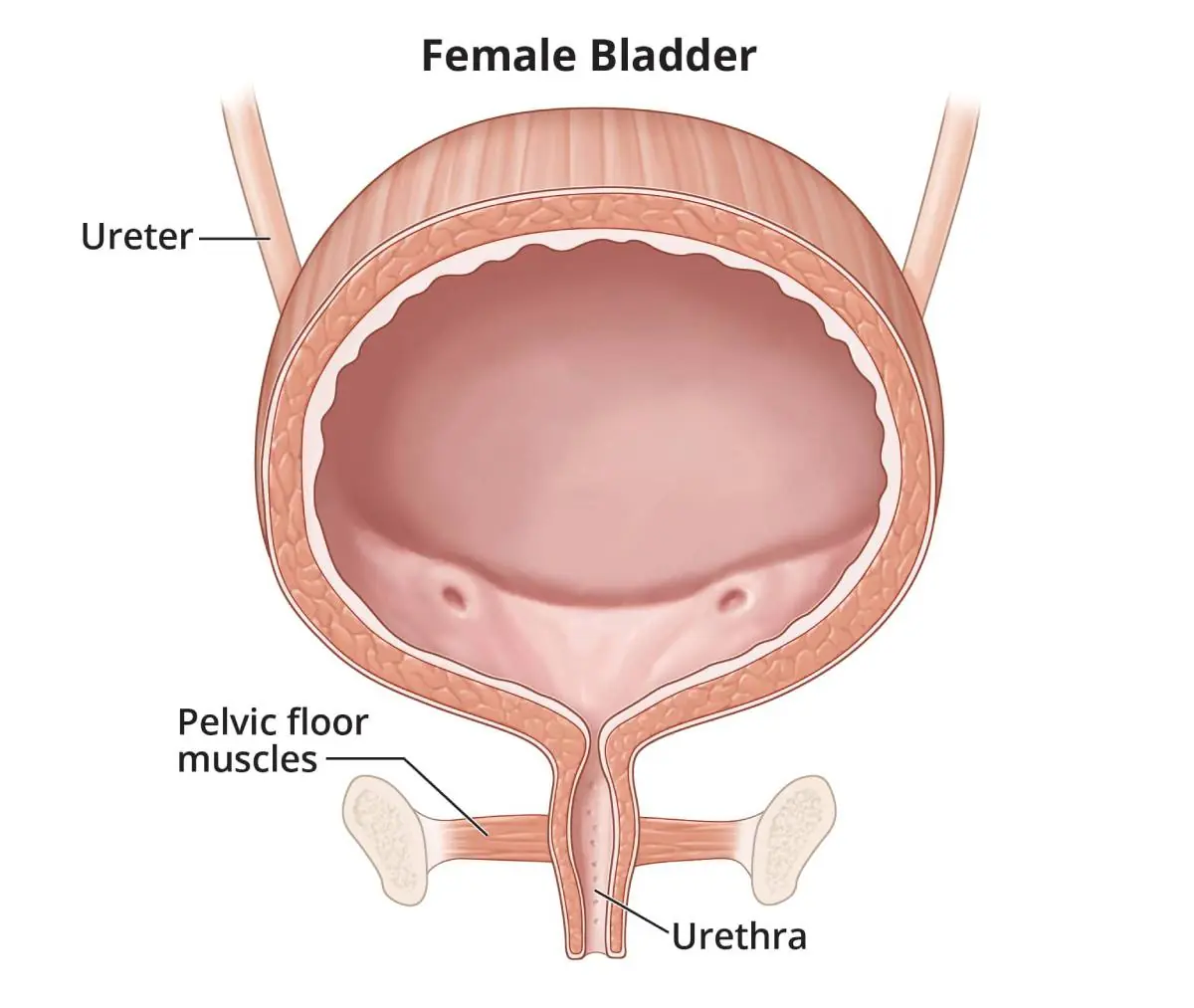
Early Symptoms of Bladder Can:cer That Often Go Unnoticed

This common vegetable is high in calcium, yet almost no one uses it properly

Spicy Egg Curry
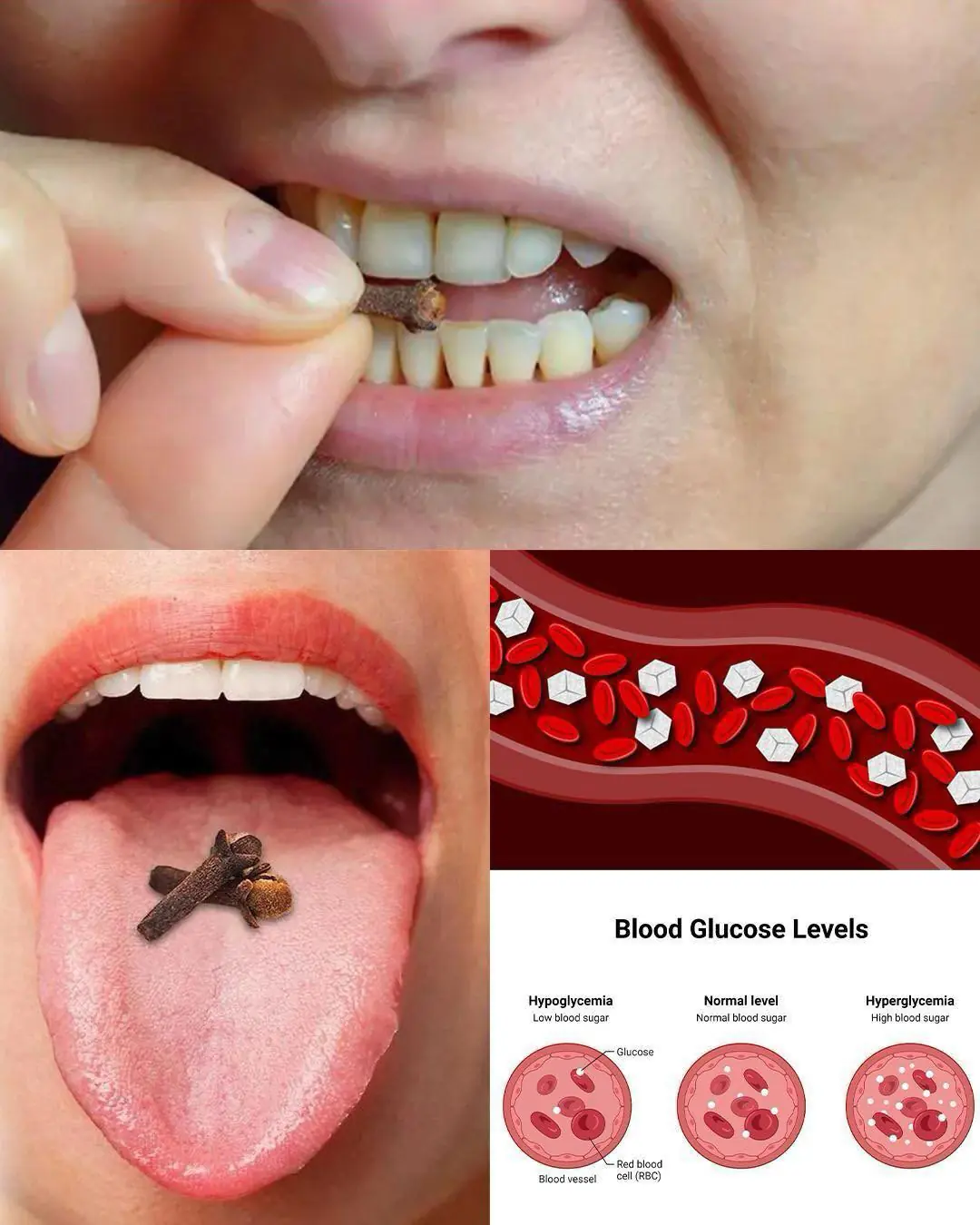
8 surprising benefits of water cloves you probably didn’t know about

Banana Blossom: Health Benefits, Recipes, and Traditional Uses
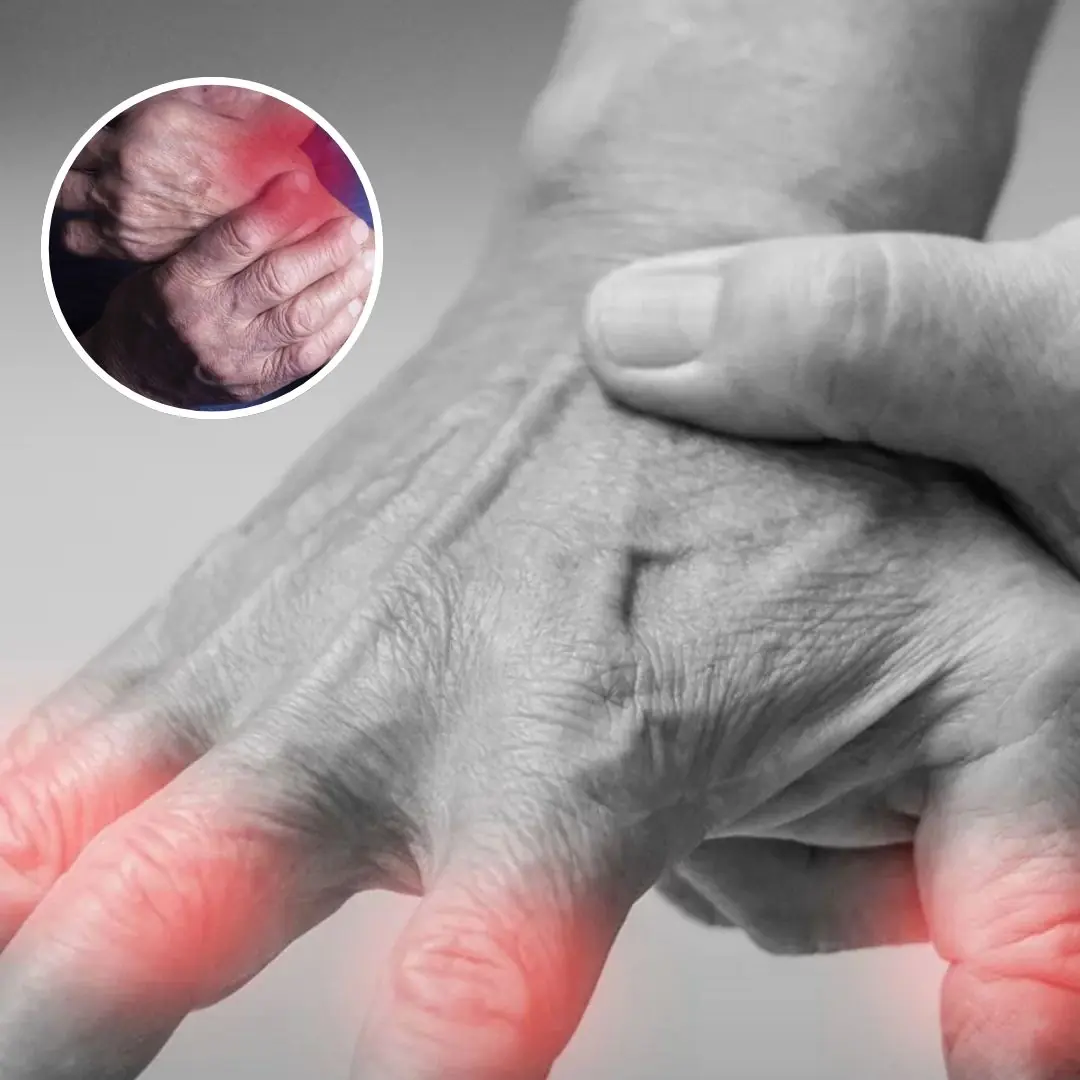
Beware this common disease that attacks from the inside — and the bad habit worsening it

Scientists Finally Reveal a Sho:cking Answer to the ’Chicken-or-Egg’ Dilemma

5 signs of iron deficiency that you need to recognize early

Want Healthier Blood Vessels? These 6 Foods Make a Big Difference
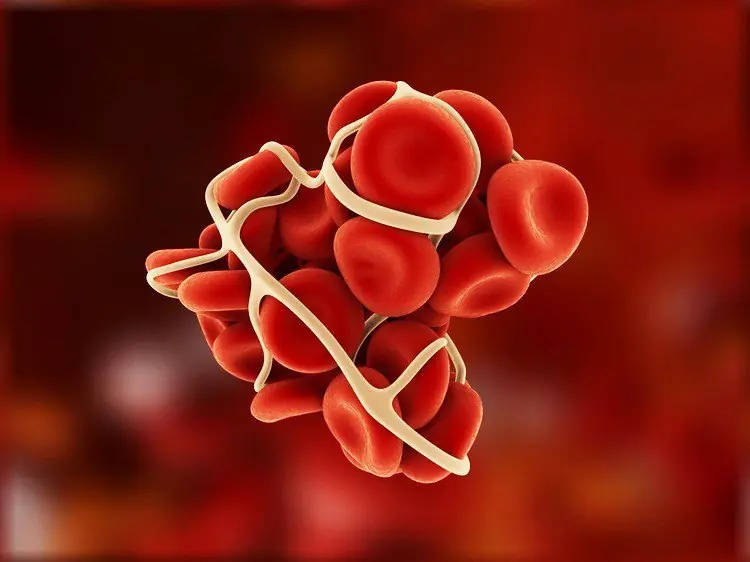
Eat These Foods to Help Prevent and Reduce Blood Clots

9 “Typical” Symptoms That May Signal Early-Stage Can.cer in Young Children: Take Your Child to the Hospital Immediately

The 5 Main Warning Signs of Diabetic Neuropathy, According to Specialists

Not many people know the warning signs of a heart blockage that appear in your feet and legs at night

It.ching in 9 areas of the body: When it could be a warning sign of serious ill.ness

12 moringa seed benefits you will rarely hear about
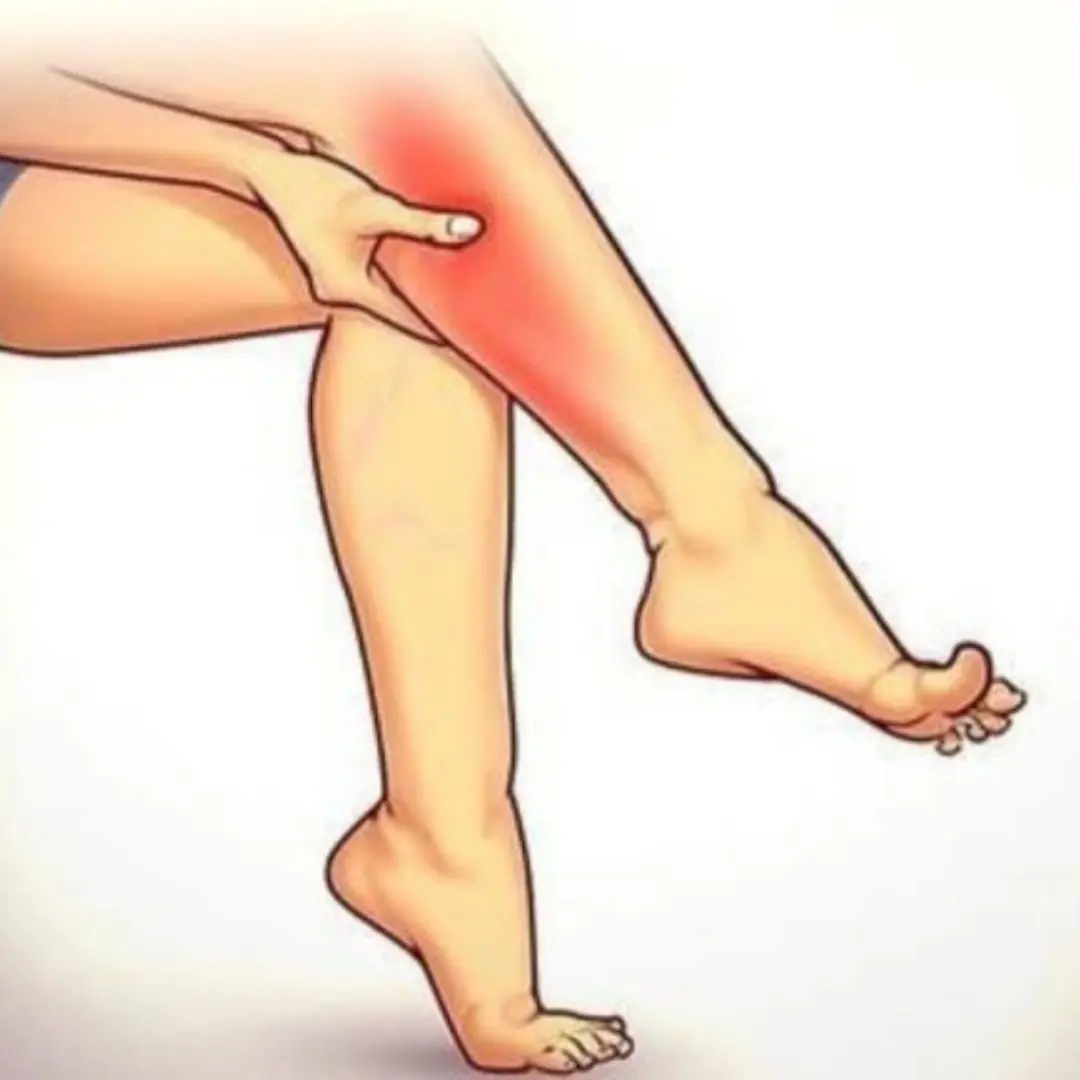
Leg Cramps Striking at Night? Discover the Causes and Proven Ways to Prevent Them

Too Many Tomatoes? The Daily Habit That Could Help — or Harm — Your Health

Tiny white facial bumps: When not to treat them yourself
News Post

Crispy Buffalo Chicken Bites with Creamy Ranch Dip

Pan-Seared Steak with Creamy Pepper Sauce

Morning sweet potatoes: A simple daily habit that brings major health benefits

Strawberry Basil Citrus Juice (Blush Pink & Aromatic)

The odd lung can:cer symptom you can spot on your fingers – and the 9 other signs you must know

Early Symptoms of Bladder Can:cer That Often Go Unnoticed

The real electricity th.ief in your home

Crispy Fried Mushrooms with Creamy Herb Dip

This common vegetable is high in calcium, yet almost no one uses it properly

Spicy Egg Curry

8 surprising benefits of water cloves you probably didn’t know about

Banana Blossom: Health Benefits, Recipes, and Traditional Uses

Beware this common disease that attacks from the inside — and the bad habit worsening it

Your phone’s volume buttons can do more than you think - Here are 6 hidden tricks

Lemon Blueberry Overnight Oats with Greek Yogurt Frosting

Don’t throw away lemon peels - Turn them into a powerful, natural cleaning solution for your home

If your partner leaves a clothespin on your shower head, make sure you know what it means

Scientists Finally Reveal a Sho:cking Answer to the ’Chicken-or-Egg’ Dilemma

5 signs of iron deficiency that you need to recognize early
